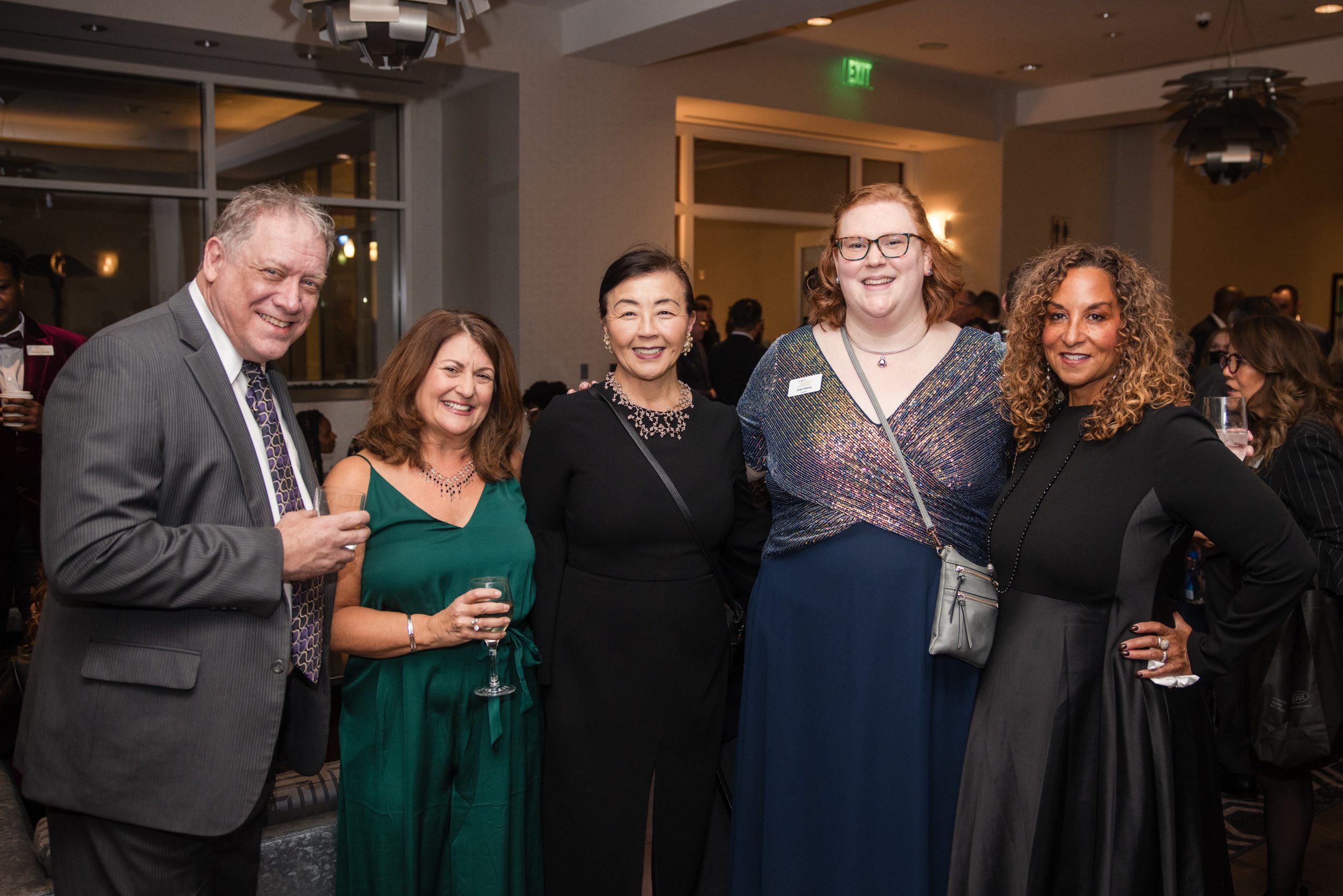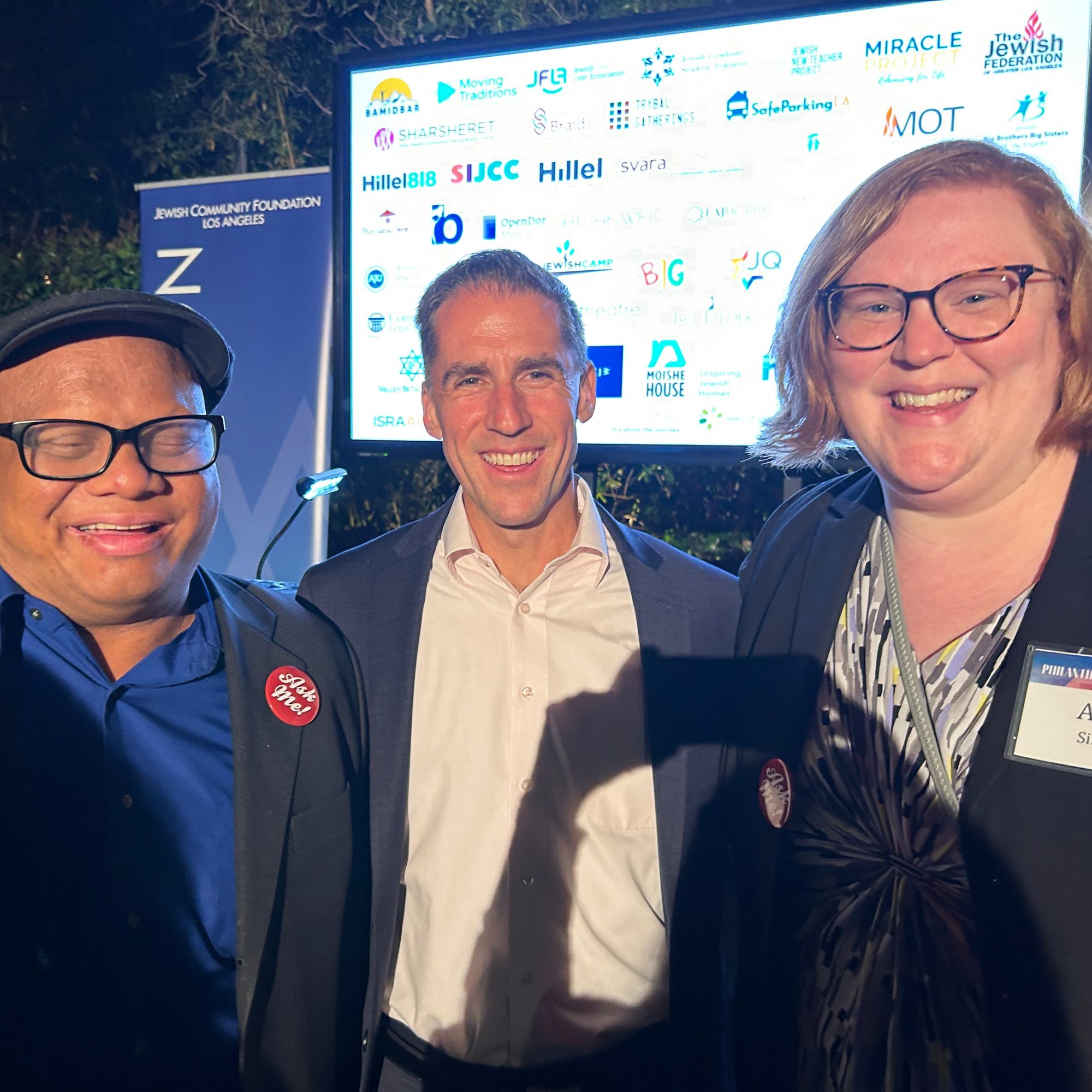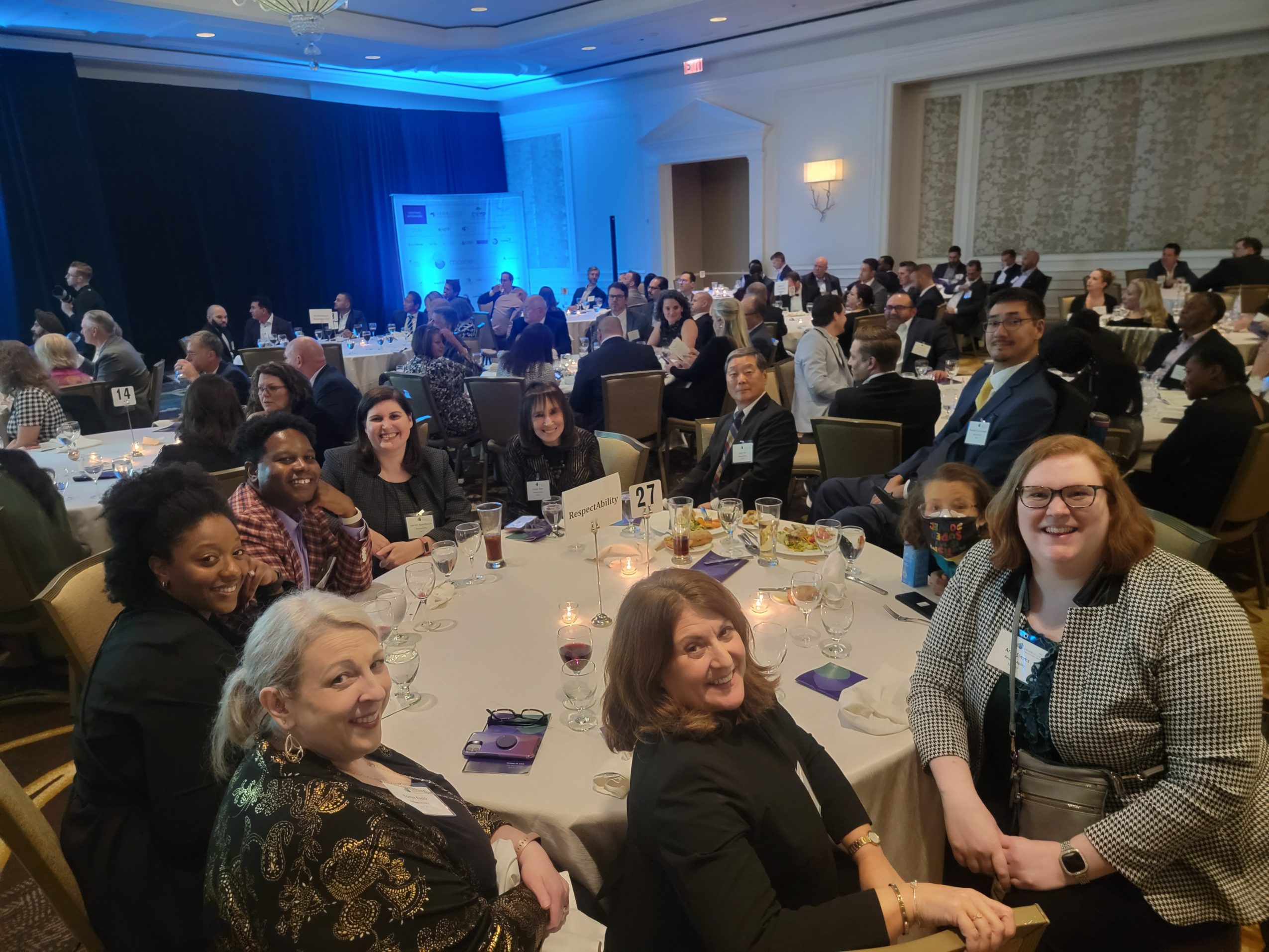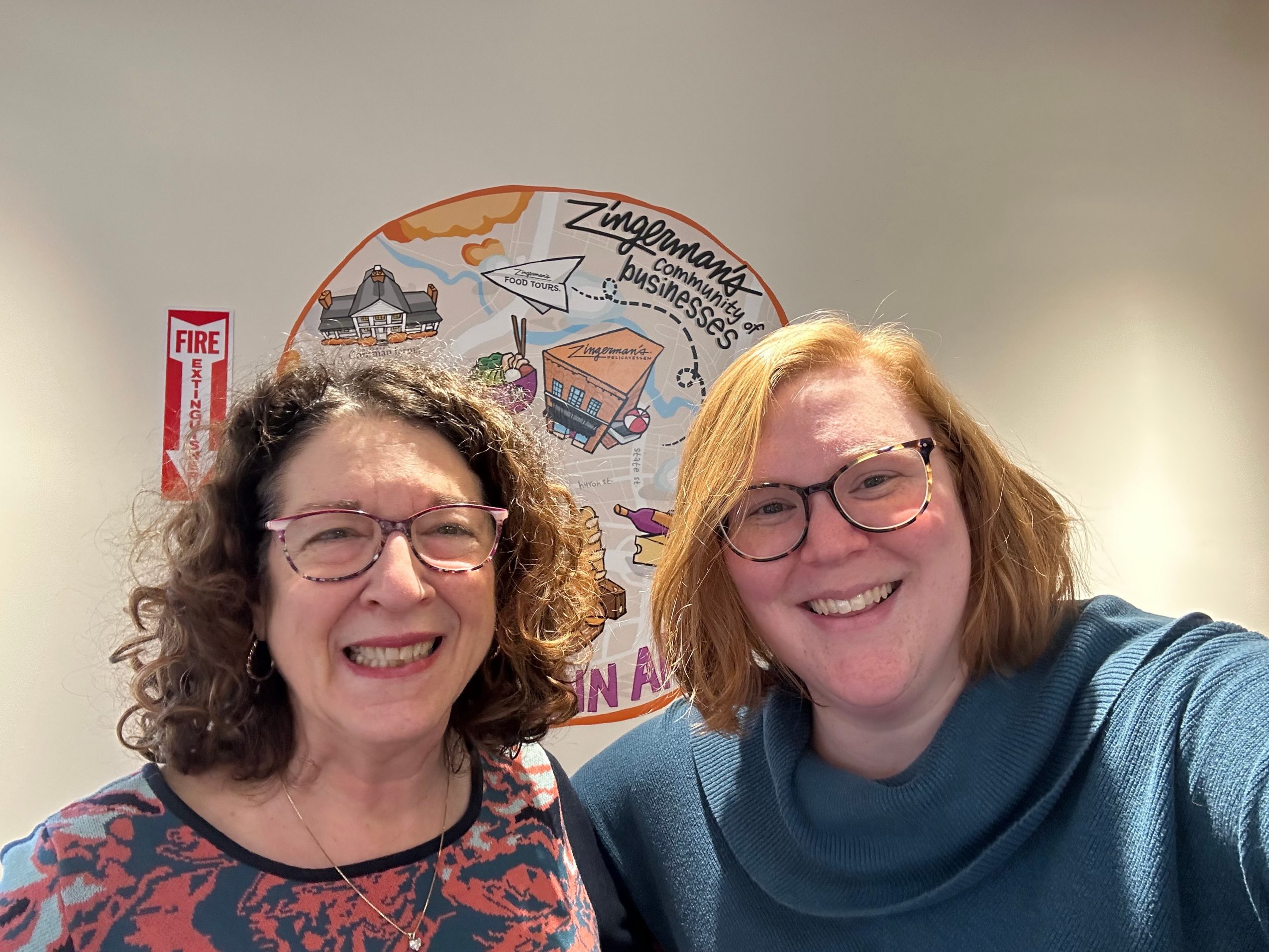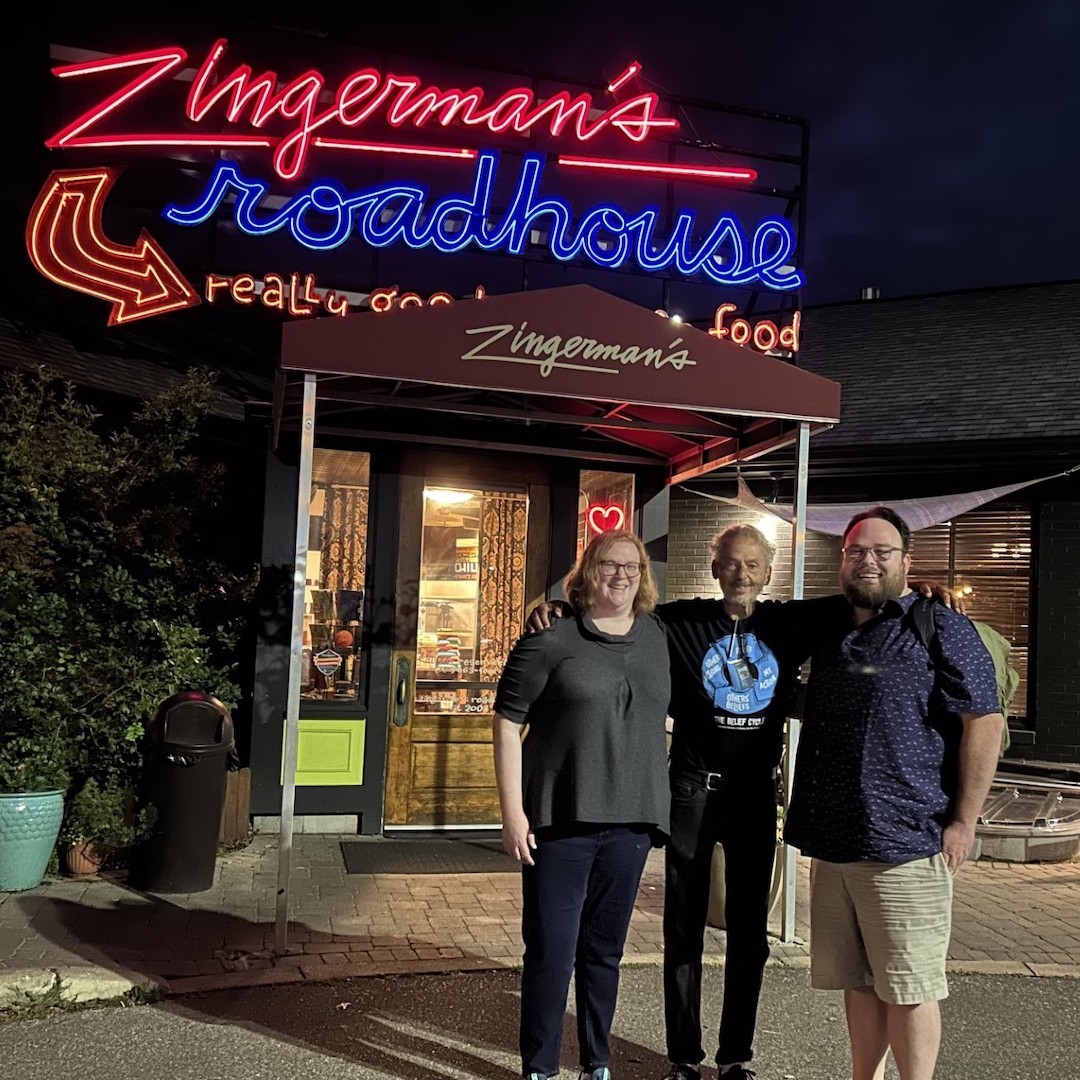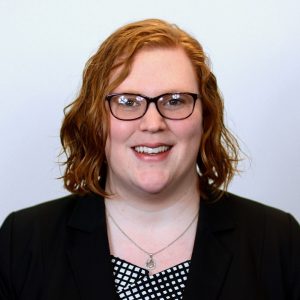 Today we’d like to introduce you to Ariel Simms.
Today we’d like to introduce you to Ariel Simms.
Hi Ariel, please kick things off for us with an introduction to yourself and your story.
Who I am today is deeply rooted in my upbringing in a working-class and rural community in Michigan. I grew up with the values of hard work, resilience, and community support, alongside the unique experience of living as a disabled individual in a disabled family, even if we didn’t always have the words to describe our experience. Caregiving and supporting one another were natural parts of my life from an early age. These experiences helped me learn the importance of empathy, adaptability, and advocacy.
Living with multiple disabilities, including autism, hearing loss, and chronic health conditions, I face a myriad of barriers, which only further fuel my determination to advocate for systemic change. I started my journey as a disability professional as a mental health counselor, where I had the privilege of serving individuals who were too often kept at society’s margins. This experience deepened my understanding of the intersecting issues faced by marginalized communities and ignited a passion for advocacy. Recognizing the power of law as a tool for social justice, I switched from my early career path in psychology to pursuing a legal education, ultimately earning a Juris Doctorate from Harvard Law School.
Armed with legal expertise, I embarked on a career trajectory that allowed me to merge my passion for advocacy with my commitment to advancing the rights of people with disabilities. From serving in nonprofit organizations and in academia, I have worked to dismantle barriers and promote inclusion across various sectors and issue areas in the US and internationally. As a Scholar in Residence at American University, I teach courses on Human Rights & Disability and Disability Law & Ethics, empowering the next generation of advocates and changemakers. My leadership of the Disability Rights Bar Association affords me the opportunity to contribute to policy discussions and shape legal frameworks that prioritize the rights and dignity of individuals with disabilities.
Joining RespectAbility, a diverse disability advocacy nonprofit organization, marked a significant turning point in my professional journey, as it was the first time I had the opportunity to work in a diverse, disability-led, and majority-disabled organization. In contrast to many disability organizations run by family members and/or professionals without personal lived experience with disability, RespectAbility provided a space where my perspectives and lived experiences were inherently valued and centered.
Would you say it’s been a smooth road, and if not, what are some of the biggest challenges you’ve faced along the way?
Although I appreciate it for shaping me into the person I am today, my journey has not always been a smooth one, but looking back, I’m grateful for the diversity of life experiences that have shaped my passions and perspectives. As someone who is multiply disabled, non-binary, and queer, I’ve encountered barriers in various facets of my life, from education to the workplace to broader society. These barriers have included discrimination that has manifested in a variety of ways, including through microaggressions, such as being told to “smile more” or “let my hair down.” But, on the other side, I’ve also benefited from immense privilege, including my race/whiteness and access to educational opportunities.
The journey to understanding and acceptance of my disabilities has been complex, as it is for many of us in this community. Even though I’ve been neurodivergent my whole life, I wasn’t formally evaluated for autism until adulthood. Unsurprisingly, I’ve had the all-too-common experience of having my disabilities called into question by others because they are not always readily apparent. Despite the overlap between disabled and queer communities, finding inclusive spaces where I can authentically express myself and connect with others has not always been easy.
My experiences are not unique within the disability community. Many individuals face similar challenges, including ableism, stigma, other forms of prejudice and discrimination, or lack of access to resources and support. Despite these obstacles, the resilience and determination of the disability community continues to inspire me to advocate for change and strive for a more inclusive society for all.
Thanks for sharing that. So, maybe next you can tell us a bit more about your work?
As the President and CEO of RespectAbility, I lead the organization in its mission to fight stigmas and advance opportunities so people with disabilities can fully participate in all aspects of community. My role is multifaceted, encompassing leadership, advocacy, collaboration, relationship-building, fundraising, and strategic planning. I am deeply committed to advancing the rights and opportunities of people with disabilities, and I am proud to lead an organization that is at the forefront of this important work.
RespectAbility’s core work is guided by our theory of change of developing leaders, advancing opportunities, and changing attitudes. Our advocacy pillars and programs focus on Entertainment and News Media, Faith Inclusion and Belonging, Leadership and Workforce Development, and Policy and Civic Engagement. In entertainment, we collaborate with industry stakeholders to advocate for authentic representation of people with disabilities on-screen and behind the camera, promoting inclusive casting practices and storytelling. Faith Inclusion and Belonging is vital to our mission, in which we partner with religious institutions to create inclusive faith communities through education and resource development. In policy and civic engagement, we shape legislation and advocate for policy changes that prioritize disability rights, from accessible voting to employment opportunities. Additionally, we are committed to leadership and workforce development, providing opportunities for individuals with disabilities to achieve their full potential through programs, mentorship, and opportunities.
Our training and consulting services support organizations seeking to advance inclusion of individuals with disabilities. We specialize in providing expert guidance on best practices, policy implementation, and accessibility standards. Whether it’s through customized training sessions, expert consultations, or resource development, we work closely with clients to address their specific needs and challenges.
What sets RespectAbility apart is our deep understanding of the intersectional nature of disability and what that means for inclusion and belonging. We acknowledge and celebrate that disability intersects with other identities and experiences, including race, gender identity, sexuality, faith, and socioeconomic status, and we approach our work with a commitment to addressing these intersections. Our team brings a diverse range of expertise and lived experiences to the table, allowing us to offer holistic and inclusive solutions to our clients and partners.
I am incredibly proud of the impact that RespectAbility has made advancing disability inclusion across sectors. From helping employers create more accessible workplaces to supporting disabled creatives and faith leaders to advocating for inclusive policies at state and federal levels, our work has made a tangible difference in the lives of people with disabilities.
Is there anything else you’d like to share with our readers?
I’d like to highlight RespectAbility’s significant impact within the entertainment industry. RespectAbility is a trusted resource, conducting trainings and consultations on inclusion and accessibility for entertainment executives across the industry. We have consulted on over 300 TV episodes and films, partnering with studios and production companies from development through production and promotion, with a goal to increase the representation of people with lived disability experience in storytelling. These efforts lead to systemic change in how society views and values people with disabilities, fostering diverse and authentic representation on screen.
RespectAbility’s collaborations extend to major players in Hollywood, including A&E, Bunim-Murray Productions, DreamWorks Animation, Netflix, The Walt Disney Company, and Warner Bros. Discovery, among others. Additionally, we actively participate in initiatives such as the CAA Full Story Initiative Advisory Council, Disney+ Content Advisory Council, and Sundance Institute’s Allied Organization Initiative, ensuring that the disability lens is integrated into broader DEIA conversations. Through these collaborations and initiatives, RespectAbility continues to drive meaningful change and advance equity and inclusion within Hollywood and beyond.
Contact Info:
- Website: https://www.respectability.org/trainers/ariel-simms/
- Instagram: https://www.instagram.com/respecttheability/
- Facebook: https://www.facebook.com/RespectAbilityUSA
- Linkedin: https://www.linkedin.com/in/ariel-simms-25802989
- Youtube: https://www.youtube.com/c/respectability
- Other: https://www.respectability.org/
